Green Reading Clubs

In 2021, the Reading Clubs activity began in RECIDA (Network of Environmental Information and Documentation Centers), which aims to bring green readings with environmental content closer to citizens.
By sharing resources and experiences we want to encourage the launching of reading clubs, both in the RECIDA centers and in any other entity that wants to use our green readings. With this objective, a Working Group has been formed that meets in person and virtually at the Network's annual seminars.
The batches of books are provided by centers that are part of RECIDA. The lots are located in CENEAM, which is responsible for sending them to the requesting centers. So far the centers that have helped this fund are: CENEAM, CEIDA-Galicia, Centro de documentación del Agua y el Medio Ambiente de Zaragoza (CDAMAZ) / Water and Environment Documentation Center of Zaragoza, Museu de Ciències Naturals de Barcelona / Museum of Natural Sciences of Barcelona, Biblioteca Pública Municipal Francisco Gómez Porro de Villarrubia de los Ojos / Francisco Gómez Porro de Villarrubia Municipal Public Library, Biblioteca del Somontano de Barbastro / Library of Somontano de Barbastro.
This activity is framed in the Plan de Acción de Educación Ambiental para la Sostenibilidad (PAEAS) / Environmental Education Action Plan for Sustainability (PAEAS).
-
-
-
Who can request a batch of books?
Although initially the RECIDA Reading Club was created to be held in the centers that are part of the Network, the loan of the lots is open to all types of public or private entities, educational centers, associations and other groups interested in launching a green book club.
-
How to request it?
Contact the CENEAM Documentation Center at doc.ceneam@oapn.es -
Does it have any cost?
CENEAM is responsible for the shipment, but the requesting entity is responsible for the return. -
Available titles
Reading Club Meeting
The Green Reading Club Meetings are a key tool for identifying, raising awareness of and connecting existing initiatives in different parts of the country. They enable the participation of numerous professionals from the fields of environmental education, culture, libraries and the publishing sector.
-
Virtual, 10th and 12th June 2024
-
Valsaín, Segovia, 17th and 18th July 2025 and virtual
-
References
- Medel, K. , Muñoz M. (2021). Clubes de lectura en centros de información y documentación ambiental. XX Seminar of Environmental Documentation Centers and Protected Natural Areas.
- Pardo, A. (2022). Conectar con la naturaleza a través de la lectura: experiencias inspiradoras en bibliotecas y otros agentes culturales. Clip de SEDIC. Revista de la Sociedad Española de Documentación e Información Científica, n. 86.
- Santos, I. (2020). Ecoclub de lectura: La novela como herramienta para la concienciación, sensibilización y educación ambiental. XIX Seminar of Environmental Documentation Centers and Protected Natural Areas.
- Programa Página Dos RTVE / 18/01/2025 (Duration 00:03:46. From min. 00:08:30 to 00:12:16)
Highlights
Available title covers
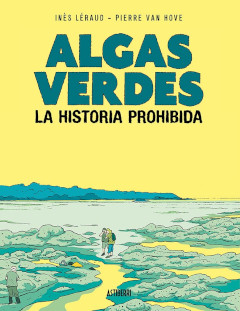 Algas verdes : la historia prohibida
Algas verdes : la historia prohibida
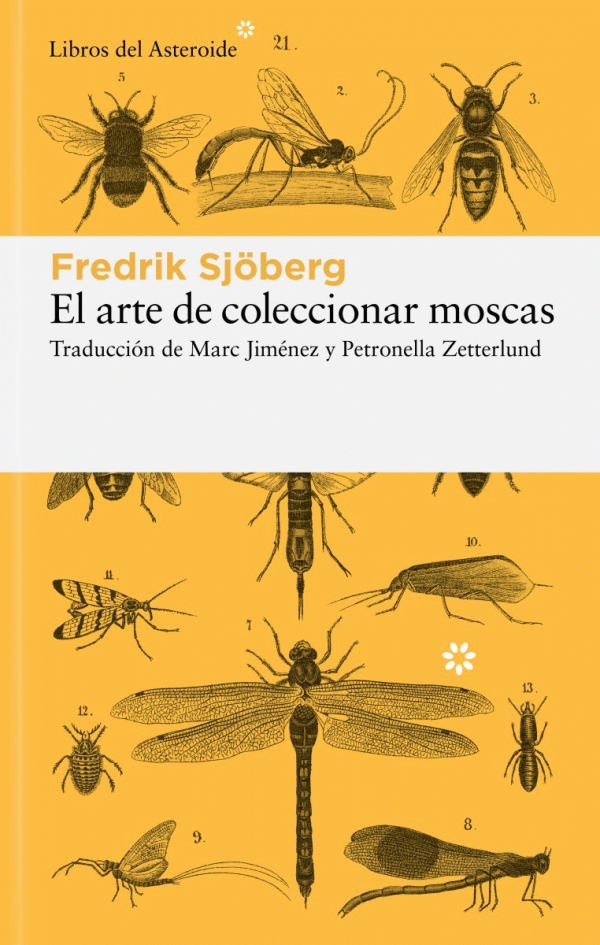 El arte de coleccionar moscas
El arte de coleccionar moscas
 Bailar para vivir : África y el tesoro perdido
Bailar para vivir : África y el tesoro perdido
 Bajo un cielo blanco. Como los humanos estamos creando la naturaleza del futuro
Bajo un cielo blanco. Como los humanos estamos creando la naturaleza del futuro
 BirdFlyway : un viaje en familia por "La ruta de las aves"
BirdFlyway : un viaje en familia por "La ruta de las aves"
 Bosques negros, cielo azul
Bosques negros, cielo azul
 Cambio climático y ecoansiedad : de la preocupación a la acción
Cambio climático y ecoansiedad : de la preocupación a la acción
 La Chica salvaje
La Chica salvaje
 Los cinco elementos. Cartilla de alfabetización ecológica
Los cinco elementos. Cartilla de alfabetización ecológica
 Contra apocalípticos: ecologismo, animalismo, posthumanismo
Contra apocalípticos: ecologismo, animalismo, posthumanismo
 Contra la sostenibilidad: por qué el desarrollo sostenible no cambiará el mundo (y qué hacer al respecto)
Contra la sostenibilidad: por qué el desarrollo sostenible no cambiará el mundo (y qué hacer al respecto)
 Cordillera
Cordillera
 Delta
Delta
 Donde no llega nuestro grito
Donde no llega nuestro grito
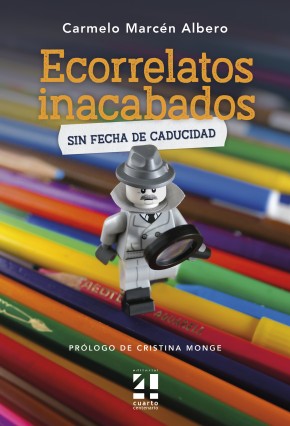 Ecorrelatos inacabados
Ecorrelatos inacabados
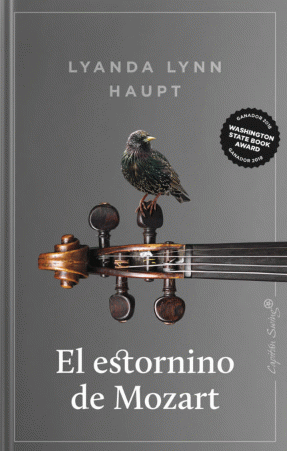 El estornino de Mozart
El estornino de Mozart
 La gran negación
La gran negación
 La gran orquesta animal : a la busca de los orígenes de las música en los espacios salvajes del planeta
La gran orquesta animal : a la busca de los orígenes de las música en los espacios salvajes del planeta
 Hajira
Hajira
 El hielo de los suyos
El hielo de los suyos
 El hombre que plantaba árboles
El hombre que plantaba árboles
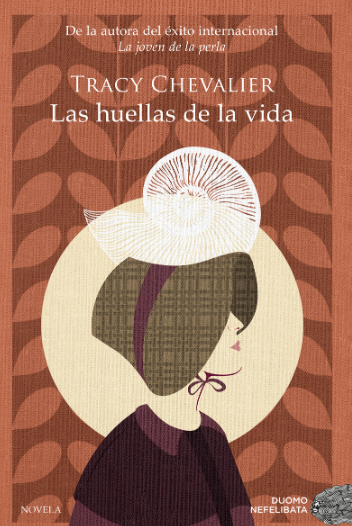 Las huellas de la vida
Las huellas de la vida
 Islas del abandono : la vida en los paisajes posthumanos
Islas del abandono : la vida en los paisajes posthumanos
 "Lágrimas de mar" : un cuento músicoacuático
"Lágrimas de mar" : un cuento músicoacuático
 Las montañas de la mente: historia de una fascinación
Las montañas de la mente: historia de una fascinación
 Mugre rosa
Mugre rosa
 Niñapájaroglaciar
Niñapájaroglaciar
 No hay tierra donde enterrarme
No hay tierra donde enterrarme
 ¡Nos roban la selva! Sumatra y los orangutanes
¡Nos roban la selva! Sumatra y los orangutanes
 La novela del agua
La novela del agua
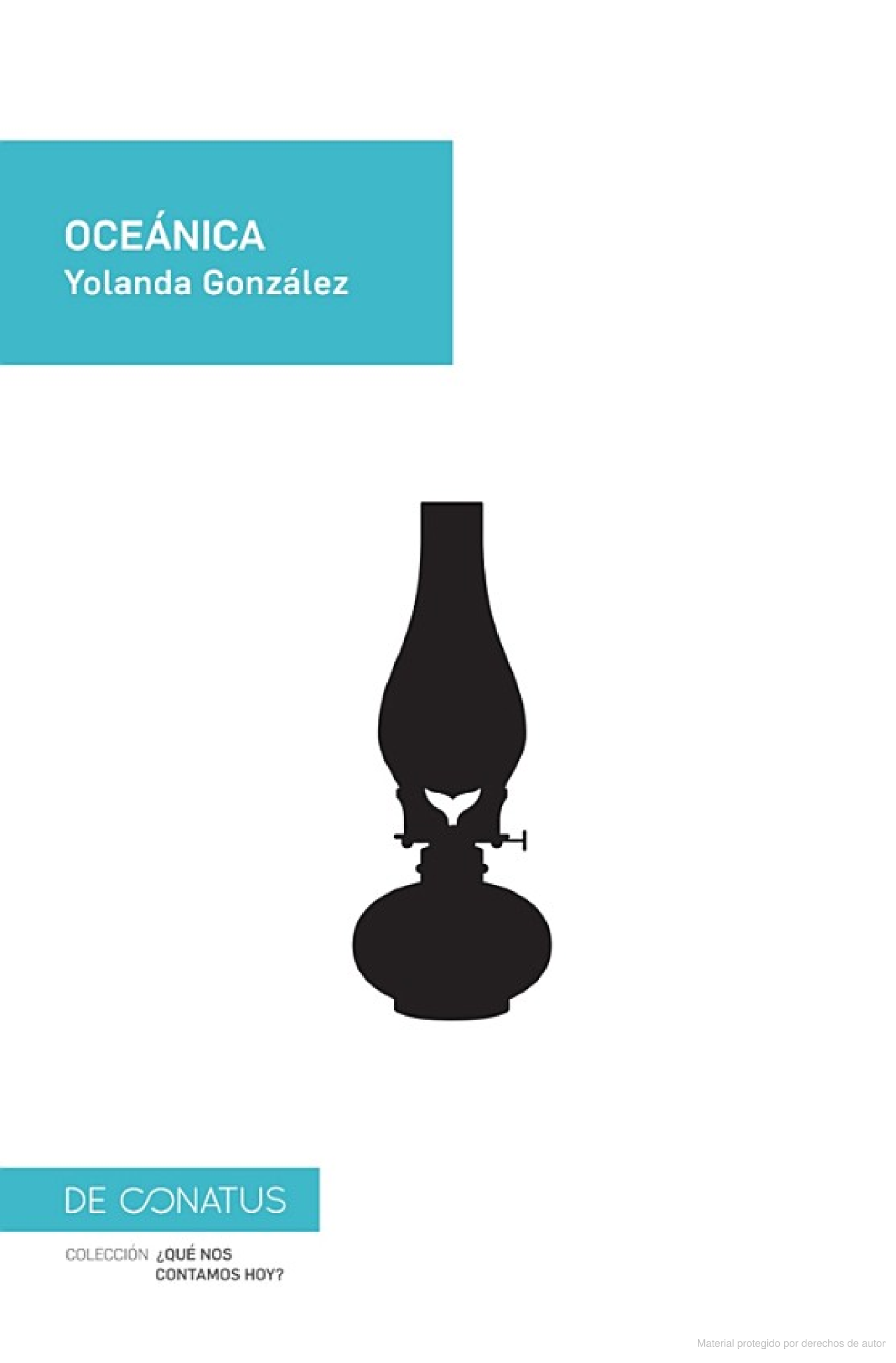 Oceánica
Oceánica
 ¿Para qué sirven las aves?
¿Para qué sirven las aves?
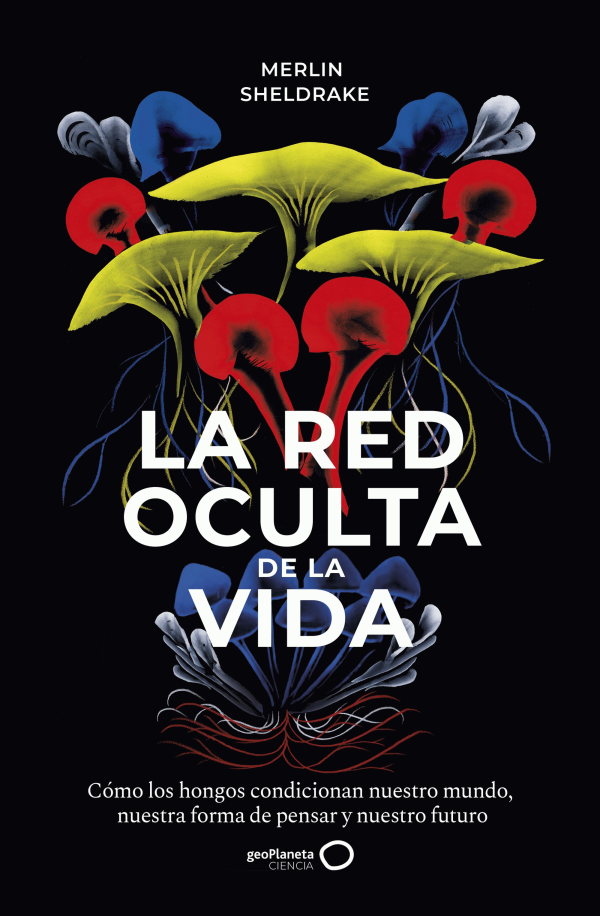 La red oculta de la vida
La red oculta de la vida
 El salón del perejil gigante
El salón del perejil gigante
 La seca
La seca
 La sed : una historia antropológica (y personal) de la vida en tierras de lluvias escasas
La sed : una historia antropológica (y personal) de la vida en tierras de lluvias escasas
 Sensibilidad e inteligencia en el mundo vegetal
Sensibilidad e inteligencia en el mundo vegetal
 El sonido de un caracol salvaje al comer
El sonido de un caracol salvaje al comer
 Una temporada en Tinker Creek
Una temporada en Tinker Creek
 Tierra de mujeres: una mirada íntima y familiar al mundo rural
Tierra de mujeres: una mirada íntima y familiar al mundo rural
 Tras do ceo
Tras do ceo
 La tribu de los árboles
La tribu de los árboles
 La ventisca de polillas
La ventisca de polillas
 La vida secreta de los árboles
La vida secreta de los árboles
 Wanderlust : una historia del caminar
Wanderlust : una historia del caminar
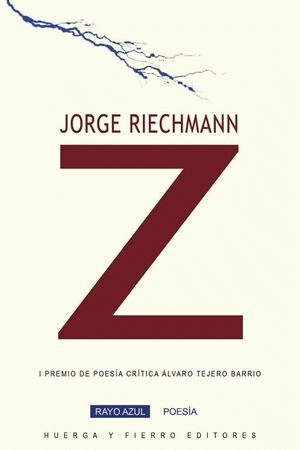 Z
Z
This page provides information on cookies we use: We use our own and third-party cookies to keep your session active, personalise your experience, and collect anonymous statistics about how you use this website. You can choose to accept all cookies or select which types you'd like to allow. To learn more about the cookies we use, read our Cookies Policy.
We use two types of cookies on this site. First, there are Functional Cookies, which are essential for the website to work properly. They store session data to make your experience smoother and more convenient. On the other hand, Analytical Cookies collect information about how you use the portal, without personal data, helping us provide a better and more tailored service.
Introduction to the Use of Cookies on the MITECO.gob.es Website
Cookies are small files that are stored on your device when you visit a webpage. They are essential tools that help provide many of the services available on the information society. Among other things, cookies allow a webpage to store and retrieve information about a user's browsing habits or their device. Based on this information, they can be used to recognise the user and enhance the service provided.
Types of Cookies
Depending on the entity that manages the domain from which the cookies are sent and processes the data, there are two types of cookies: first-party cookies and third-party cookies.
There is also a second classification based on how long the cookies remain stored in the user's browser: session cookies and persistent cookies.
Finally, cookies can also be classified into five types based on the purpose for which the data is processed: technical cookies, personalisation cookies, analytics cookies, advertising cookies, and behavioural advertising cookies.
For more information on this, you can refer to the Guide on the use of cookies from the Spanish Data Protection Agency.
Cookies used on the website
The web portal of the Ministry for Ecological Transition and the Demographic Challenge uses Adobe Analytics, an analytics tool that helps website and application owners understand how visitors interact with their content. Adobe Analytics uses a small number of cookies to collect data and generate usage statistics for websites. This information is sent anonymously and is not shared with third parties under any circumstances. You can choose to accept or reject these cookies, as they do not affect the portal’s functionality. However, they help provide valuable information that allows us to offer a better and more tailored service. For more information about Adobe Analytics cookies and privacy, please refer to the following links:
Additionally, pages featuring content from social network X will only set cookies if the user is logged into the X site. For more details on these cookies, please refer to the following link: Privacy on Social Network X
Finally, a technical cookie named MITECO-compliance is stored, which is a first-party, technical, and session-based cookie. It manages user consent for the use of cookies on the website, remembering which users have accepted them and which have not, ensuring that those who have accepted are not shown cookie consent messages at the top of the page. This cookie is essential for the proper functioning of the portal.
Cookies Policy Acceptance / Rejection
The Ministry for Ecological Transition and the Demographic Challenge gives you the option to accept or reject cookies that are not essential for the portal's operation. Upon accessing the portal, a message will be displayed in the centre of the page with information about the cookie policy and the following options:
· Firefox
· Chrome
· Safari
